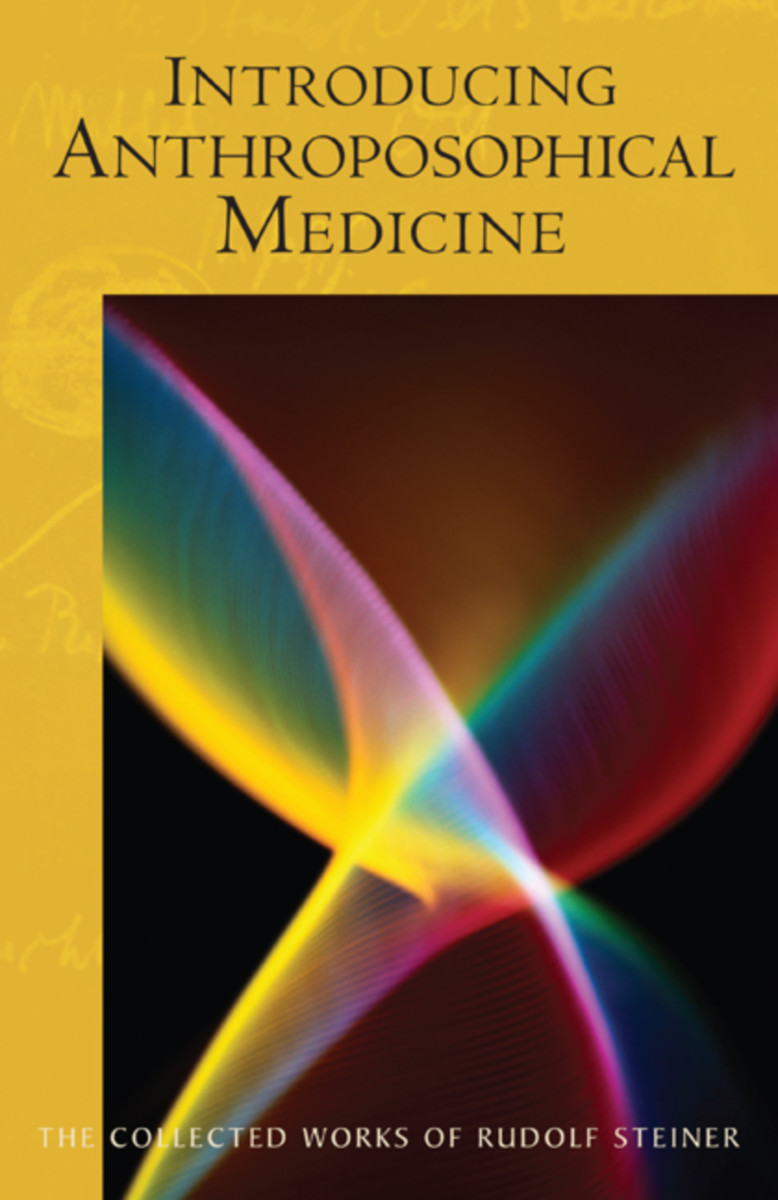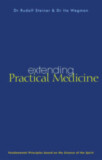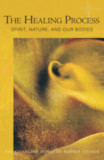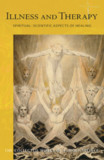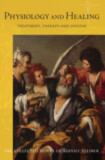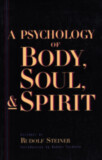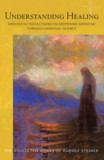Introducing Anthroposophical Medicine
(CW 312)
Foreword by Steven Johnson
Introduction by Christopher Bamford
Translated by Catherine E. Creeger
- Publisher
SteinerBooks - Published
20th October 2010 - ISBN 9780880106429
- Language English
- Pages 356 pp.
20 lectures in Dornach, Switzerland, March 21– April 9, 1920 (CW 312)
“Our task is to discover the real difference between those processes in the human organism that we call disease processes—which are basically quite normal, natural processes, even though specific causes must precipitate them—and the everyday processes that we call healthy. We must discover this radical distinction, but we shall not be able to do so if we cannot take up a way of looking at human beings that really leads to their essential nature.” — Rudolf Steiner
In these twenty lectures, given to medical doctors and students, Steiner presents a new approach to the art of healing, based on the insights of spiritual science.
Considering modern medical knowledge and practice and deeply versed in alchemical, Paracelsian, and naturopathic approaches, as well as homeopathy, aroma therapy, and other “alternative” therapies, Rudolf Steiner demonstrates, based on his own research, how a truly integrated whole-person form of medicine is possible—one that accepts the human as a being of body, soul, and spirit, a microcosm in the macrocosm, a mirror of the earth and of the heavens.
Steiner’s enthusiasm and familiarity with his subject are in evidence everywhere in this volume. The wealth of insights and the range of topics are staggering—from the meaning of sickness, polarities in the human organism, and the relation of therapy and pathology, to the nature of plant, mineral, and animal in relation to the human being. Specific organs (heart, lungs, bladder, kidney, liver, and nervous system) and specific diseases (including cancer, tuberculosis, diabetes, and meningitis) are brought into extraordinary new relationships and interconnections. The whole question of diagnosis, health, and treatment is repeatedly viewed from various points of view. The result is an astounding new vision of medicine—one that is practical, spiritual, psychological, and fully human. This is no abstract view of medicine; much of the material arose in direct response to the questions of practicing physicians.
This work is required reading for anyone interested in the possibility of a non-reductionistic, non-mechanistic, Western-based holistic medicine.
Introducing Anthroposophical Medicine is a translation of Geisteswissenschaft und Medicin (GA 312)
Rudolf Steiner
Rudolf Steiner (b. Rudolf Joseph Lorenz Steiner, 1861–1925) was born in the small village of Kraljevec, Austro-Hungarian Empire (now in Croatia), where he grew up. As a young man, he lived in Weimar and Berlin, where he became a well-published scientific, literary, and philosophical scholar, known especially for his work with Goethe’s scientific writings. Steiner termed his spiritual philosophy anthroposophy, meaning “wisdom of the human being.” As an exceptionally developed seer, he based his work on direct knowledge and perception of spiritual dimensions. He initiated a modern, universal “spiritual science” that is accessible to anyone willing to exercise clear and unbiased thinking. From his spiritual investigations, Steiner provided suggestions for the renewal of numerous activities, including education (general and for special needs), agriculture, medicine, economics, architecture, science, philosophy, Christianity, and the arts. There are currently thousands of schools, clinics, farms, and initiatives in other fields that involve practical work based on the principles Steiner developed. His many published works feature his research into the spiritual nature of human beings, the evolution of the world and humanity, and methods for personal development. He wrote some thirty books and delivered more than six thousand lectures throughout much of Europe. In 1924, Steiner founded the General Anthroposophical Society, which today has branches around the world.


